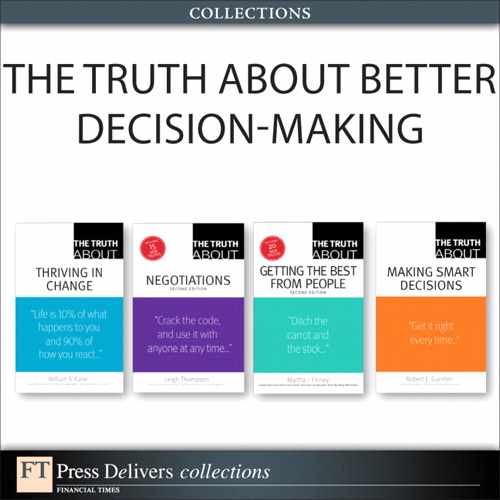Truth 9. Learn from your close calls
Suppose that you consistently roll through stop signs when driving. One day, you are nearly broadsided by a Mack truck. But you narrowly escape with nothing more than a bruised ego from an obscene gesture from the other driver. What do you do? The typical reaction would be to wipe your brow and thank the road gods. Once your heart settles down, you would continue on without a second thought. Before you know it, you would be rolling through stop signs again—until one fateful day when the Mack truck actually makes contact. Then it would have your attention. Your driving would probably change (along with your insurance rates). This is just human nature. We tend to overlook the bad decisions that don't have disastrous outcomes but obsess upon those that do.
After the accident at the Union Carbide plant in Bhopal, India, the chemical industry reassessed its decisions about plant construction and management. After the meltdown at the Three Mile Island nuclear power plant in Pennsylvania, the nuclear industry went into its own meltdown. The Exxon-Valdez oil spill in Alaska forced a look at policies and the design of oil tankers. All these were catastrophic mistakes with serious consequences.5
We tend to overlook the bad decisions that don't have disastrous outcomes but obsess upon those that do.
There's another option. You could learn from your near misses. These are decisions that did not turn out too badly but could have been a lot worse. What can you learn from the near Bhopal's, the chemical leaks that were caught early and never made the headlines? What about the oil tankers that had an impaired captain at the wheel but didn't run aground? What about the nuclear accidents that didn't result in a TMI or Chernobyl? There are lessons in all these events, but we often don't receive these lessons because we escaped serious harm.
Companies in industries with risks of catastrophic events started looking at near misses, and this allowed them to learn from bad decisions before they became catastrophes.6 These near misses never make the headlines. There is no meltdown or public relations disaster. But a lot of learning can take place, with only "homeopathic" doses of pain.
You can do the same. Look at the decisions you have made that resulted in near misses. Think about the lesson and change your behavior for the future. If you routinely arrive late for meetings and miss deadlines, and this behavior has led to cliffhangers but not outright disasters, what can you learn from this that will improve your decisions in the future? If you are the boss from hell and one of your star employees leaves as a result—but didn't file a lawsuit—don't just count your lucky stars and hire your next casualty. Look for the lesson in what just happened.
Look at the decisions you have made that resulted in near misses. Think about the lesson and change your behavior for the future.
What are the near misses in your own career or decision making? What can you learn from them? How can you use this learning to make better decisions in the future?
